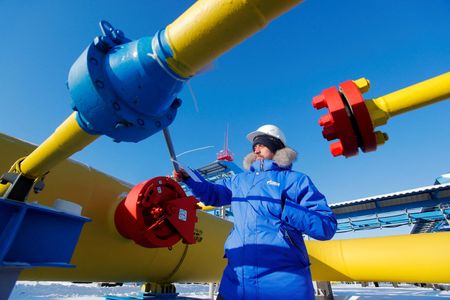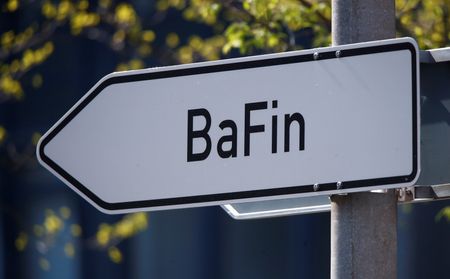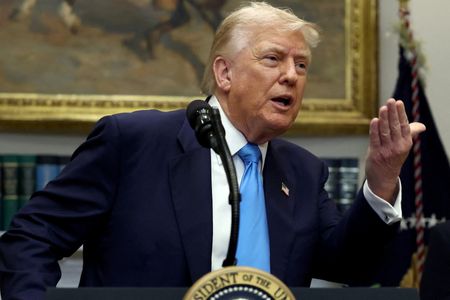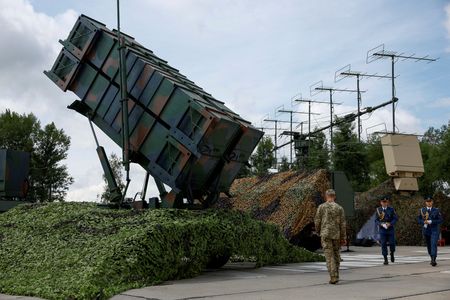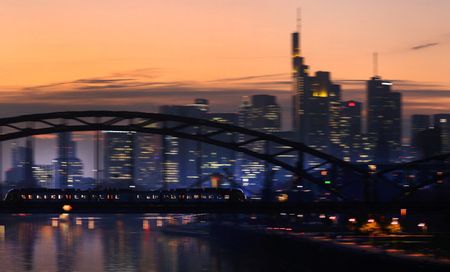MOSCOW (Reuters) -Russia could face gasoline shortages in August despite an export ban, as low domestic stocks, peak seasonal demand and repair work at domestic refineries affect the market, trade sources said on Friday.
The ban, imposed on Monday and intended to last until August 31, is aimed at keeping the Russian market stabilised and avoiding socially sensitive motor fuel price increases.
Yet traders say it will likely not be enough to balance the market, as gasoline export volumes are far smaller than domestic consumption and will do little to satisfy demand even if diverted to the local market.
They expect oil companies to be forced by state regulators to sell more refinery products domestically and delay the planned plant maintenance.
Russia’s Energy Ministry didn’t immediately reply to a request for comment sent after business hours on Friday.
This year private retail networks have not created sufficient fuel reserves to meet high demand in the summer, due to a spike in interest rates to 20% which made borrowing money from banks to buy fuel in advance too expensive, according to market participants.
“Currently, gasoline production is at a normal level for the summer. The sales are also within expectations. But private traders lack stocks,” a source with a large oil company said.
Frequent flight delays at Russian airports have also resulted in higher gasoline consumption, as travellers switch to their cars, sources at gasoline retailers said.
The shortage of gasoline will likely persist through September, market participants and industry experts believe, though prices may decline in October, when local refineries will complete repairs, while demand will come off its seasonal peaks.
(Reporting by Reuters; Editing by David Holmes)

